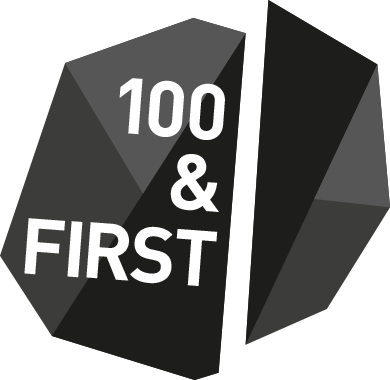Marginal Gains and the Impacts on Culture
The doctrine of marginal gains, heavily used in sport, is all about small incremental improvements, in any process, that add up to a significant improvement when they combined together.
This theory is not exclusively used for sport, as it becomes a huge consideration when looking at building and maintaining culture in any organisation.
In Margaret Heffernan’s book, Beyond Measure, she defines culture as the impact of, and the accumulation of small everyday thoughts and habits that generate and sustain culture: ways of speaking, listening, arguing, thinking and seeing. These are small steps that anyone can take at any time, the small steps that mark the beginning of a big change.
“Under the dragons foot is always a gem - something to be learned.” Anon
The first building block towards implementing small positive changes in the workplace is managing conflict. This is undoubtedly easier said than done, but begins on the smallest scale, looking at how teams operate and the ability to disagree within their environments. Taking this one step further, for middle management and the senior leadership teams to challenge and discuss opposing views - asking questions such as “what might we be wrong about?”. However, what has to precede this is the acceptance that everyone is wanting to pull in the same direction, with a lens that looks at how this will affect the whole, which in turn creates a safety net to step out of agreement without being judged.
“Great teams need windows on the world, but biases mean we manly get mirrors.” Anon
The ambiguity may seem high, but the fundamentals can be implemented everyday. Find the right people, actively cultivate safe spaces that encourage diverse thinking, and accept that practice makes perfect as mistakes are the biggest indicative of progress.
“Social Capital, trust, knowledge, reciprocity, shared norms that create a quality of life and make the group resilient.” Margaret Heffernan
According to research on culture, and more specifically social capital, human connection in the workplace is fundamental to creating safe sharing spaces and encouraging new ideas, learning from mistakes.
Google are trying to build the perfect team, and part of this project is to offer a coffee hour programme, where you sign up and get randomly assigned with a new coffee buddy every week. This may seem bizarre, but it builds incredibly strong connections between all levels of the company, and encourages deeper human led connection as opposed to one that is purely work focused.
Culture starts and ends with human connection.
“Our environment is a non-stop triggering mechanism whose impact on our behaviour is too significant to be ignored.” Marshall Goldsmith
Work-life balance has become even more of a talking point as we enter 16 months of living in a pandemic. It is crucial to ensure that achieving this balance is encouraged, finding time to focus on the the quality of physical health, mental and emotional health. Creating support at work to encourage the fundamentals is vital.
“When you were made a leader you weren't given a crown, you were given the responsibility to bring out the best in others.” Jack Welch
Jack Welch ex CEO of General Electric, who took the helm at the heigh of GE’s decline in the early 80s, focused on creating a sustainable business, through enabling leadership at every level. Jack’s firm belief was in the power of potential, in fact he gained the position as CEO by pitching that his biggest strength was his ability to learn, adapt and grow. Jack spent time getting to know people at every level, listening to their anecdotal opinions on what GE needed, or lacked, and he then, through the help of managers and fellow leaders, gave everyone the tools to take responsibility under the guise of the ‘best idea counts’. This leadership technique encouraged responsibility, but so too accountability within the ranks and eventually turned GE into the power house it remains to be today.
“The aim of human life is not one that is free of flaws and friction but one that enriches, and is enriched by others. Similarly, the goal of a great career or organisation isn’t the elimination of errors but a relationship with the world that is renewable because it grows as it gives. And for that you need all the small things that life has to offer: silence and noise, action and reflection, focus and exploration, time, respect, errors, inventions, humility, and pride in the human capacity to think again.” Anon
What is clear is that in order to build and manage a strong culture there is no recipe for success, and it is full of contradictions, which is no different to the dynamic and complex nature of humankind. So just start where you are.
Tom Bednall
Commercial Director

